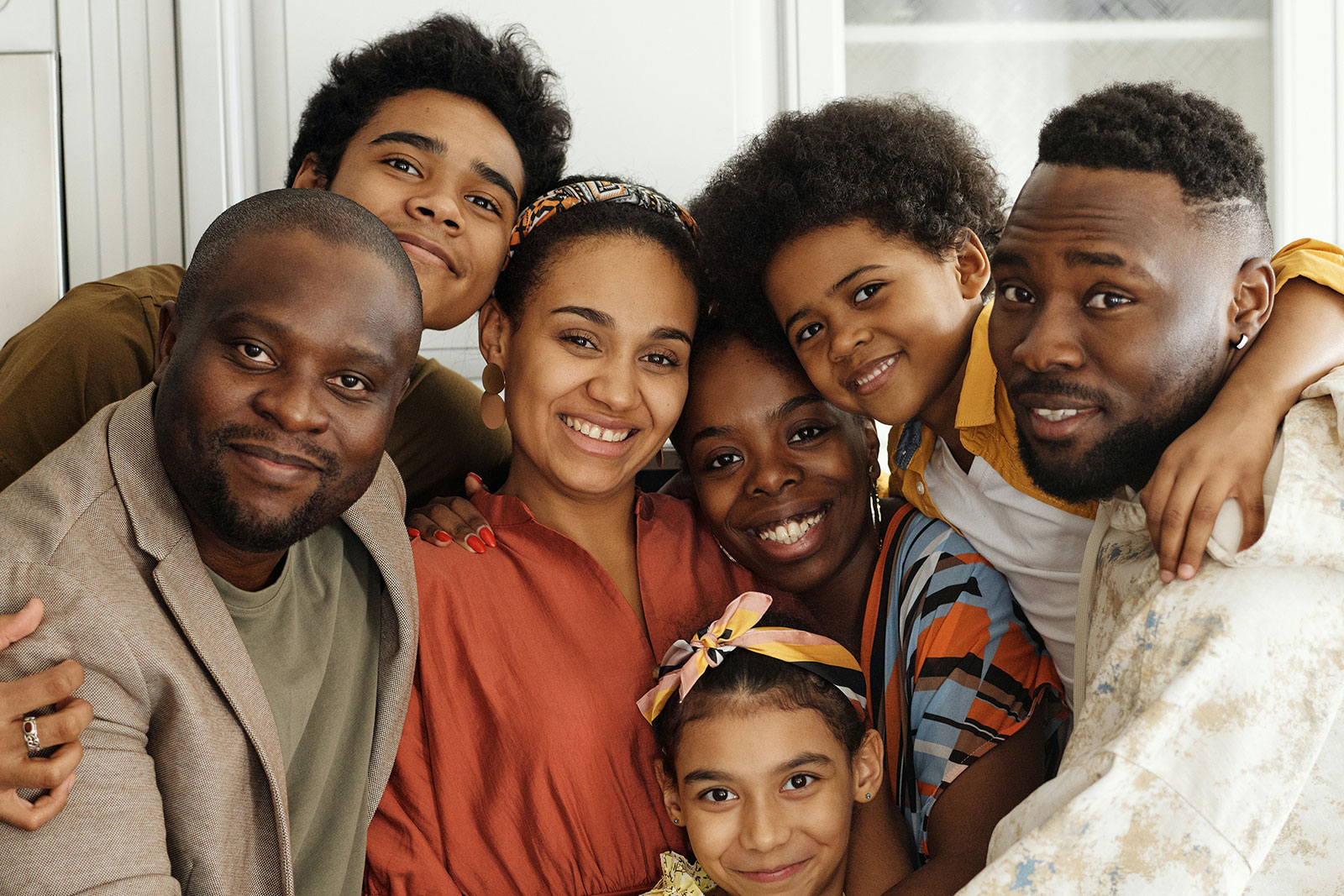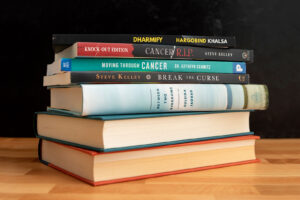Each year, the United States dedicates one month to celebrating the history of African Americans. Black History Month, although a celebration, was also a time for reflection. The challenge arose when we juxtaposed advancement in the Black community with the disadvantages many in the community still face—like the gap in racial health equity.
According to LUNGevity, the largest national lung cancer-focused nonprofit, African Americans are less likely to smoke but more likely to be diagnosed with and die from lung cancer. The GO2 Foundation for Lung Cancer reports that lung cancer is the leading cause of cancer deaths among African American men. With the prevalence of lung cancer cases in the African American community, healthcare professionals are searching for the root cause.
“I think it’s multifactorial,” says Dr. Robert Winn, director of the Virginia Commonwealth University Massey Cancer Center and member of LUNGevity’s Board of Directors. “I have to say that most of it is due to inherent structures that existed way before any of these communities, so the people that we’re talking about now. I think that there is an inherent, and not unwarranted, mistrust or distrust of both the medical and scientific communities.”
The medical and scientific communities in the United States are plagued by horrific stories of unethical experimentation on Black people. From the Tuskegee Syphilis Study to forced gynecological surgeries and exams performed on enslaved African girls and women, African Americans have suffered unfair treatment disguised as altruistic research.
Winn adds that a lack of interconnectedness may be exacerbating the issue.
“I also think that, in general, we have not come to grips that while we are looking at individuals, individuals tend to live in communities, and we’ve paid very little attention to the health of our communities, so to speak,” Winn says.
Due to a longstanding history of racial inequality in the United States, African Americans have experienced fewer socioeconomic growth opportunities. Socioeconomic disparities can lead to an inability to find work, establish wealth, increase income, pursue education, access healthy foods, secure housing and much more. A lack of access to health insurance, reliable transportation and medical facilities only widens the gap researchers are trying to close.
According to a recent report released by the American Cancer Society, African Americans have the highest death rate and shortest survival rate of any racial or ethnic group in the U.S. for most cancers. Despite the concerning rates of lung cancer in the Black community, Winn remains passionate about exploring viable paths to lowering these numbers and leveling the playing field.
“LUNGevity is outstanding in recognizing that partnerships matter,” he shares. “That is, partnership with both universities, health systems, but also with its partnership and attention to programs within communities.”
Although COVID-19 has put a strain on the healthcare system, Winn believes that we have an opportunity now to reevaluate and fix its infrastructure through effective partnership programs. By ensuring that members of the Black community have access to critical information and pathways to success, we can begin to narrow the gap.
“I’ve been more than a little bit proud of being associated with a group that has launched health equity research awards and health equity research fellow awards,” Winn admits.
LUNGevity partners with professionals like Winn who are passionate about dissolving this racial equity gap by supporting their research. By engaging more African Americans in these conversations, particularly those who come from impoverished communities, it is possible to rebuild trust and improve the community’s experience holistically.
“I do think that while we’ve gone through this pandemic and the awakening of the issues around race and racism here in the United States, I am certainly emboldened, if you will, to be able to dream what we can look like once we really get our act together,” Winn adds. “I think we have an opportunity to do that.”







